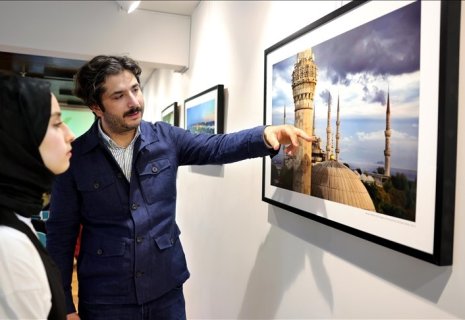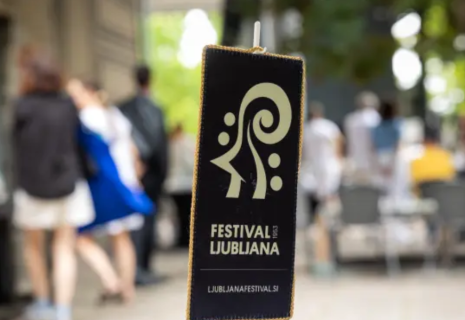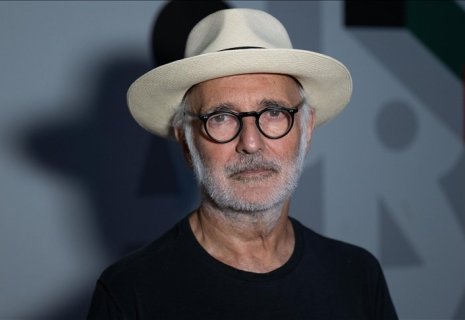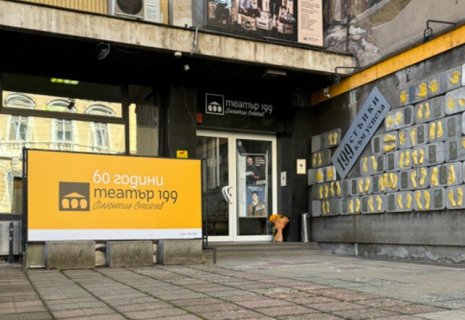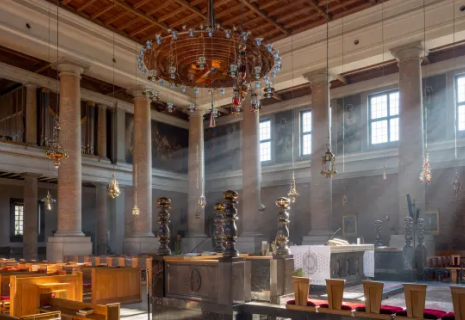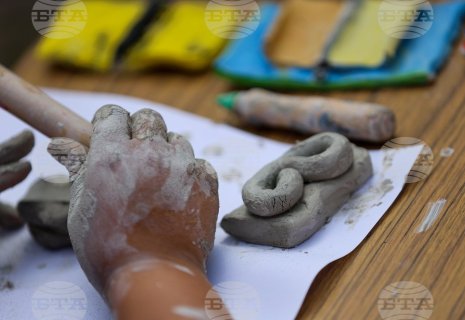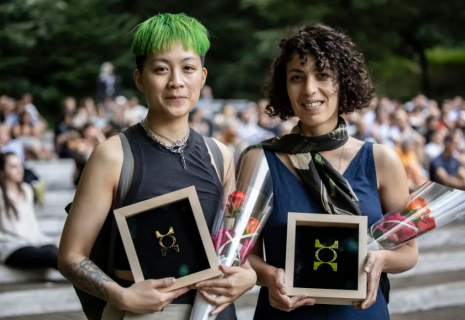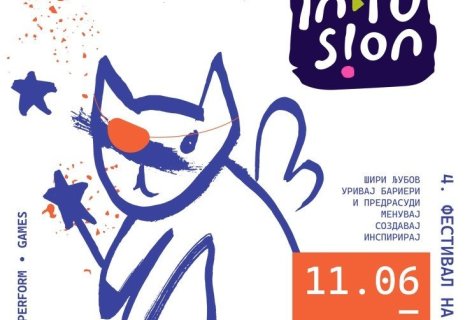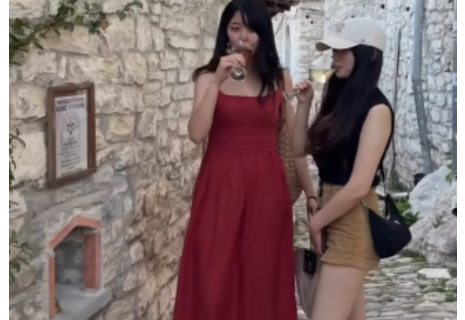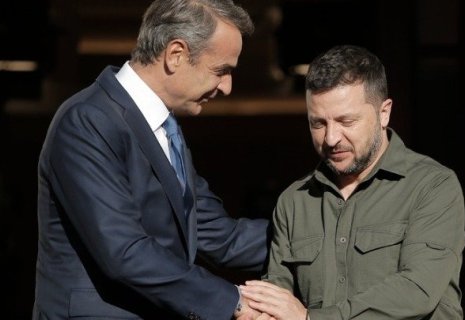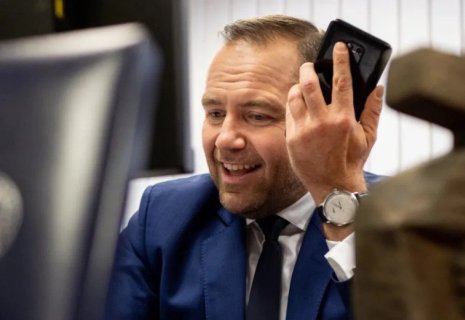
Zagreb exhibition revives Ivan Supek's humanist legacy
The exhibition "Mi smo sanjali..." (We dreamed), dedicated to the humanist principles of Ivan Supek, was opened at the National and University Library in Zagreb on the occasion of the 110th anniversary of the birth of the Croatian physicist, philosopher and writer, CE Report quotes HINA.
The exhibition, to run until 27 June, features a graphic portfolio and illustrations by Svjetlan Junaković, a selection of photographs from Ivan Supek's life, as well as his scientific and literary works. It was organised by the Croatian History Museum and the National and University Library.
Curator Ana Filep said that she had encountered exhibitions about Ivan Supek multiple times in her work, and that the goal of the current exhibition was to capture the essence of his life credo - his humanist principles.
The exhibition can be briefly described with Supek's own words "We dreamed of a better, just world, a society founded on the principles of humanism." These were his concluding words from one of his last interviews in April 2006, said Filep.
"Humanism permeates all of Supek's roles in life - his literary work, scientific achievements, and his peace activism.
"He contributed to the development of our civilisation by questioning dogmas and respecting differing opinions. Guided by the belief that humanism must not only be the goal but also the path to reach it, he always expressed his views directly and stood by them. Because of this, he often found himself standing alone, yet he never gave up. His principles were not protests or commands; they were invitations to participate," Filep said, concluding that the most important of all Supek's principles was: "To be good".
Chemist Nikola Biliškov from the Ruđer Bošković Institute, who spoke at the exhibition and interpreted Supek's humanist principles from today's perspective, thanked the organisers for reviving the ideas and legacy of "a true giant" whose memory is, as he put it, "being persistently and systematically erased."
He recalled Supek’s words that form the leitmotif of the exhibition: the dream of a better, fairer world.
"We tried to achieve it, but we failed. That's why my whole life, more or less, was a failure. But you, the young people - if you've accepted those ideas - you must carry them out. We lost the war."
Biliškov said that although they were dark in tone, he did not read Supek's words as pessimistic, but rather as a humanistic call to action.
"Both globally and locally, we constantly face various challenges on different levels. It is worrying, and it often seems we're heading straight into civilisational - perhaps even geological - collapse. But what remains is our action."
As the editor of a 2015 collection which published the quoted interview with Supek, Biliškov believes that the root causes of today's crisis lie in the superficial narrative of infinite resources and reserves on which today's inherently greedy and exploitative global system - the dominant socioeconomic order we live in - is based.
"Wars rage across our globe - our only shared home, that blue speck of dust drifting through the infinite cosmos. Among them, the massacres in Gaza and the aggression in Ukraine are just the closest examples. Sadly, the voices of humanists are being systematically silenced, while militarisation rises and nuclear armament makes a return."
"The conservative counterrevolution reveals itself in all of its disturbing anti-civilisational forms - from hypocritical political populism and intolerance toward all 'others' and the different, to the trivialisation of anti-fascism, infringement on the rights of women and workers, to anti-migrant hatred and brutal, deadly repression. Still, despite all of this, we continue to dream an old dream - one passed down through generations of humanists," Biliškov concluded.
Ivan Supek (Zagreb, 8 April 1915 - Zagreb, 5 March 2007) was an assistant to Werner Karl Heisenberg and worked on quantum field theory. During World War II, he was active in the Education Department of the State Anti-Fascist Council for the National Liberation of Croatia (ZAVNOH).
He was the first professor of theoretical physics at the Faculty of Science in Zagreb. He founded the Ruđer Bošković Institute in 1950 and was its first director. Due to his opposition to the peaceful use of nuclear energy for atomic bomb production, he was expelled from the Institute in 1958.
He also became the first professor of the philosophy of science at the University of Zagreb and founded the Institute for the Philosophy of Science and Peace in 1960. After 1971, and the failure of the Croatian Spring movement launched by reformists in a bit to ensure more freedoms in the then Socialist Croatia, he was forcibly removed from public life, returning to it in 1989. He served as president of the Croatian Academy of Sciences and Arts from 1991 to 1997.

